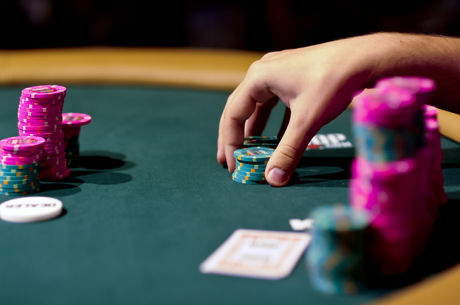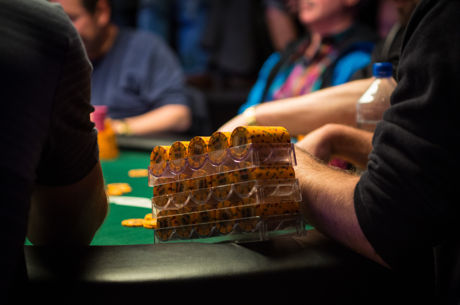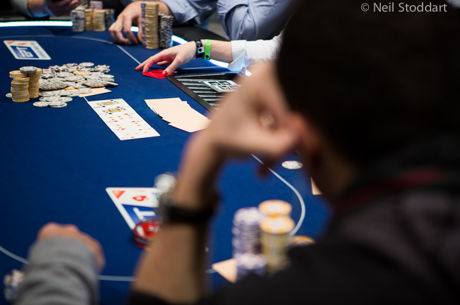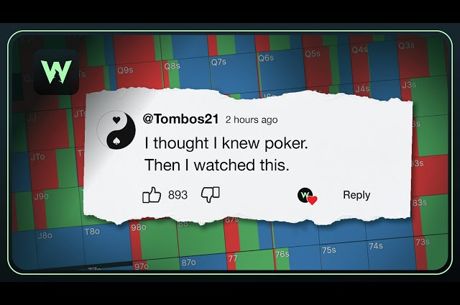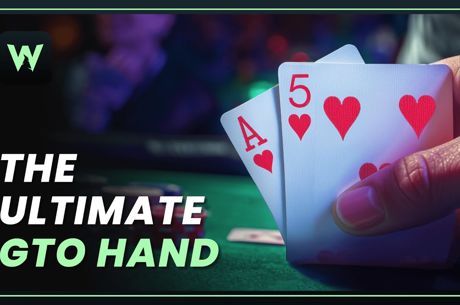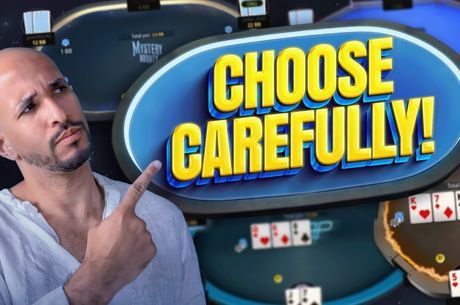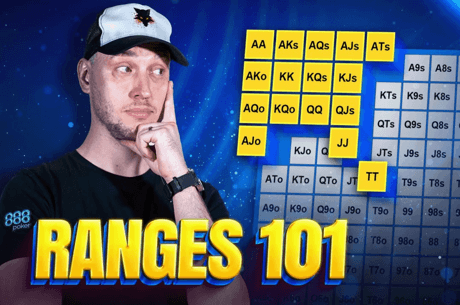Winning the Leveling Game in Poker
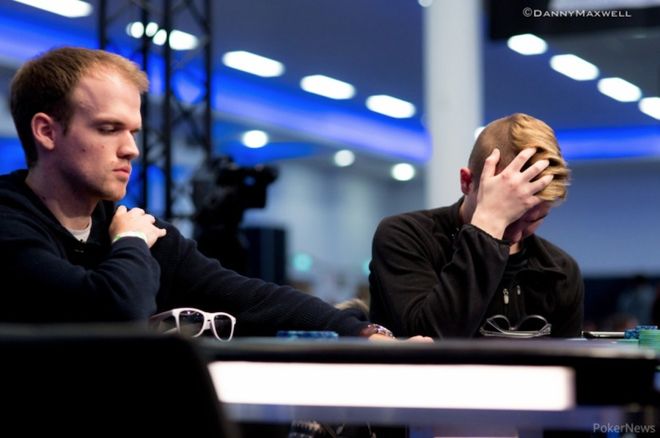
The ultimate rush in poker comes from outplaying a poker pro. You trick him into thinking you have one hand, when actually you have something else entirely. You deceive him with your line and sizings and win a monster pot. You win the leveling game.
In case you’re unfamiliar with the concept of leveling, this is where players talk about “what does he think I have?” or the next level, “what does he think I think he has?” To succeed with a hand you must correctly identify the level your opponent is on and go one level further. If you go two levels further, you end up out-leveling yourself and losing.
When it comes to leveling, I notice that players tend to make one of two possible mistakes. They either err in one direction or the other.
Too Smart for Your Own Good
The first mistake is giving your opponent too much credit when it might not be warranted. You assume he’s at least somewhat clever and is thinking deeply about what you’re doing. There are a few problems with this, though:
- He may not have enough history with you to realize you’re a thinking regular.
- If playing online, he may be playing many other tables or be otherwise distracted to the extent that he is not paying close attention to your particular hand.
- He may not be as smart as you think.
I’ve observed this tendency in sharp, young players who sometimes think too much of their opponents and as a result out-level themselves. Such players think other regs grasp concepts as quickly and deeply as they do, when the truth is that isn’t always the case.
Consider this example. A player you “respect” raises from the button, you three-bet from the small blind with 4♥4♠, and he calls.
You then triple-barrel the following run-out: A♠5♦3♥K♦5♠. On the river you reason that it’s not the kind of runout most regulars would ever bluff with their entire stack. The pairing card means most aces are chopping, so — your thinking goes — your opponent should realize this and give you credit for a big hand such as AxKx.
However, for this bluff to work, your opponent must not only realize this, but know that you know this. The fact is, many regulars will assume that usually they are going to split the pot, so they call.
They’re Better than You Think
The second possible mistake is the opposite problem — players fail to realize how close to their level other regulars are. This has become far more prevalent as the games have grown tougher and the average skill level has increased dramatically.
Gone are the days when it was possible to continuation bet your entire range versus other regulars on bone-dry boards, at least at SSNL and above online. Hopefully you realize by now that you have to be calling continuation bets with K♥Q♦ on a A♥9♦2♠ flop. You can bet that most of the other regulars do.
When you check-raise 6♥2♥2♦ after defending against a regular’s steal, of course he, too, will be suspicious. Even in the 25NL PokerStars games, most regulars are pretty good hand readers.
If your opponent has reasonable looking statistics — say, a VPIP and PFR in the upper teens or lower twenties (for 6-max), a three-betting frequency between 6 and 9%, and a continuation bet on every street between 50% and 70% — then he’s likely a thinking player. For every play you make versus him, take the additional step to consider how you would respond to your own play.
How to Get it Right
How then do we successfully suss out the skill-level of our foes? First off, a little honesty and self-awareness go a long way.
If you tend to think you’re pretty hot stuff — a veritable Ivey-in-the-making — then odds are you will underestimate your opponents’ poker prowess. If instead you swing the other direction on the confidence scale, then it’s more likely you will kindly give your opponents more credit for cunning than they are due.
Also, spend some time away from the action reflecting on how good most of the regulars are in your game. Over time, craft and hone your perception of how good the average regular truly is. Then only level them up or down once you gain hard supporting evidence — e.g., they either slaughter a hand or outplay you.
Mike Gano is a professional poker player, coach, streamer, and author. He’s been a consistent winner for over a decade in the online cash games, currently playing 200NL on 888poker. He’s created educational videos for CardRunners, DeucesCracked, Red Chip Poker, and Hold’em Manager. Check out his weekly poker strategy blog called Poker in a Box.
Want to stay atop all the latest in the poker world? If so, make sure to get PokerNews updates on your social media outlets. Follow us on Twitter and find us on both Facebook and Google+!

